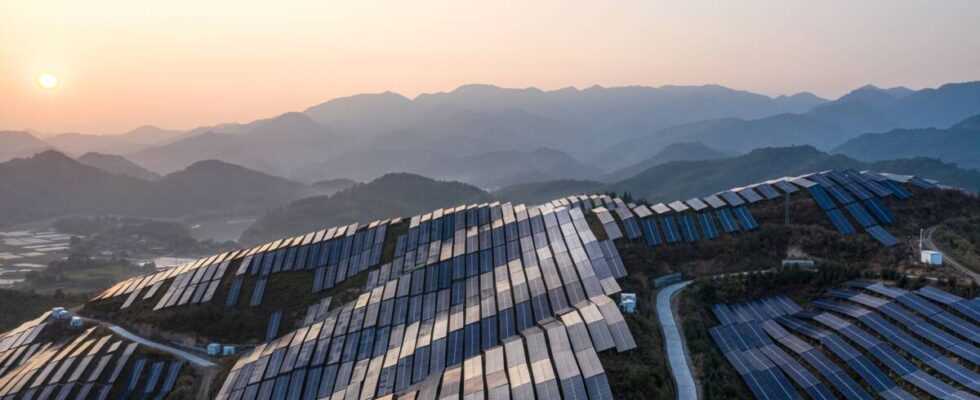Industrial ecology: what is it?
Definition
Industrial ecology is an approach adopted by a sector or an industrial company which aims to reduce the impacts of industrial production on the natural environment. In 1995, the American scientist Robert Frosch (1928 – 2020) proposed to define it as “the set of practices intended to reduce industrial pollution”.
Industrial ecology and sustainable development
Industrial ecology is part of a sustainable development approach. It represents the response of companies to the current challenges of protecting the environment and improving social conditions.
Recall : sustainable development is “development that meets the needs of the present without compromising the ability of future generations to meet theirs” according to Brundtland’s internationally adopted definition.
Industrial ecology and environmental policies
Industrial ecology comes down to integrating the ecological dimension, the environment, into the strategy of industrial companies. It is a question of going much further than just traditional environmental policies which are often nothing more than standards to be respected.
Industrial ecology seeks continuous improvement of all production processes.
Characteristics of industrial ecology
The industrial ecology approach
Several complementary avenues can be part of an industrial ecology approach. Some examples :
- Rationalization of production: optimization of energy consumption, optimization of material consumption, etc.
- Waste management: reuse of waste as raw materials for other production processes.
- Rational waste management: waste minimization, use of waste in other production processes, etc.
Industrial ecology is rightfully part of a circular economy logic.
The principles of industrial ecology
Industrial ecology is an approach at the crossroads of several disciplines: economics, technology, ecology, sociology, law, even biology.
Good to know : in some cases, the company is compared to a living organism, to a biological ecosystem.
Industrial ecology requires the involvement of all of the company’s partners in this process. An industrial company is not an isolated island, but a stakeholder in a complete ecosystem.
Example : rationalization of raw materials must be implemented in partnership with suppliers.
Each operation carried out in an industrial company is a link in a larger whole, it can no longer be considered as independent. In an industrial ecology approach, all operations must be reviewed in a global scheme. This can be through the reuse of rejects from an operation that can be used to manufacture another product.
Case of territorial industrial ecology
Definition
Industrial ecology applies particularly to a given territory, for example, in an industrial basin. The various economic players, including public ones, then work together to set up synergies. The objective of territorial industrial ecology is to optimize all the resources for the various actors, whether they are energies, materials, waste, equipment, services, expertise, etc.
Example
The city of Dunkirk has set up a heating system that uses heat from the blast furnaces of the largest steelworks in France. The town hall, the Olympic swimming pool, the university, a shopping center and thousands of housing units are thus heated thanks to the reuse of energy supplied by industrial production.
The advantages of territorial industrial ecology
By pooling resources and equipment, by promoting materials and energies between stakeholders, the territory improves on the one hand its negative impacts on nature and on the other hand increases its productivity and competitiveness. Industrial ecology is not a source of cost in the long term, but a realization of sustainable development on these three pillars: the economy, the environment and the social.
Receive our latest news
Every day, the selection of main info of the day.
